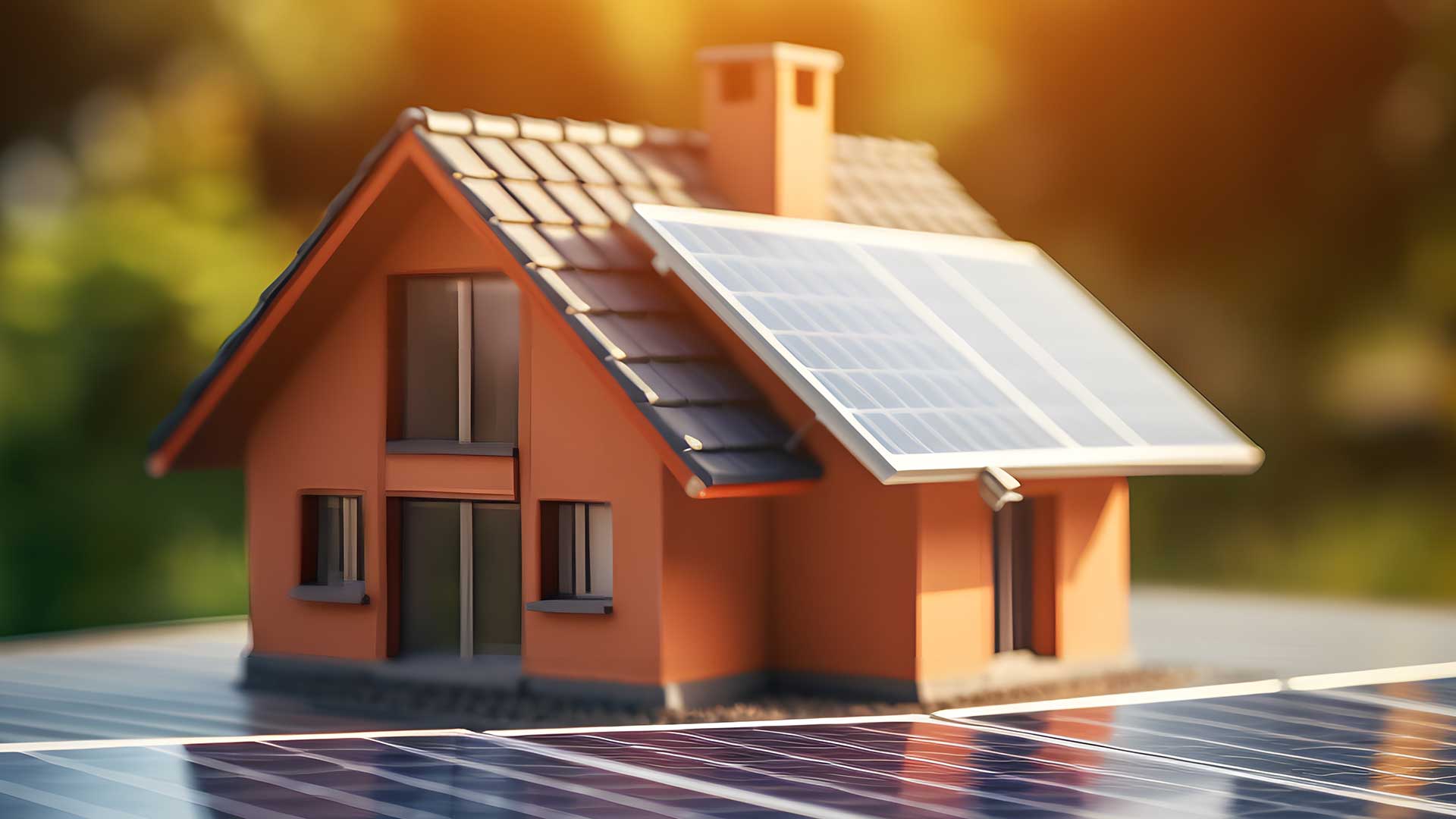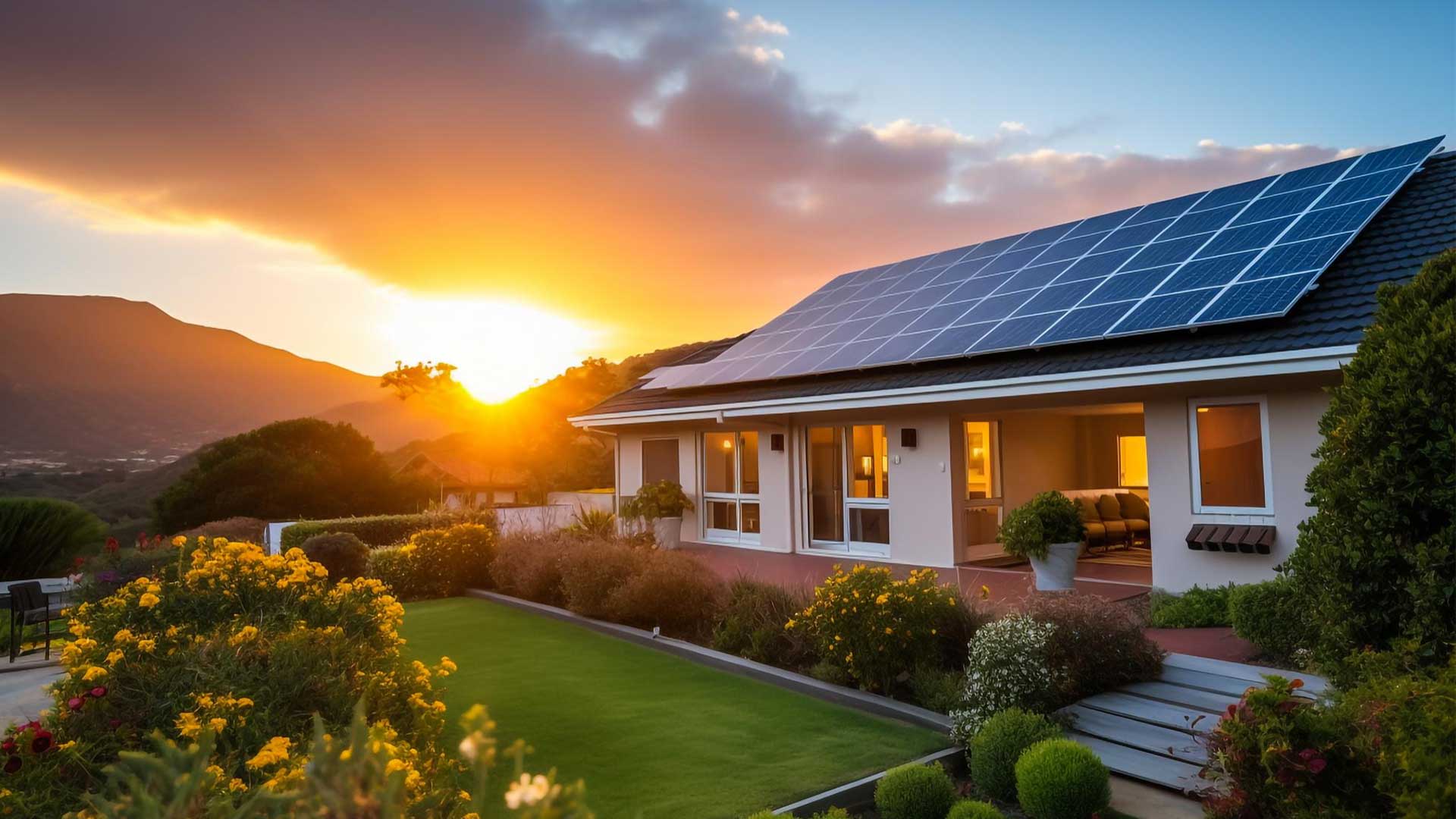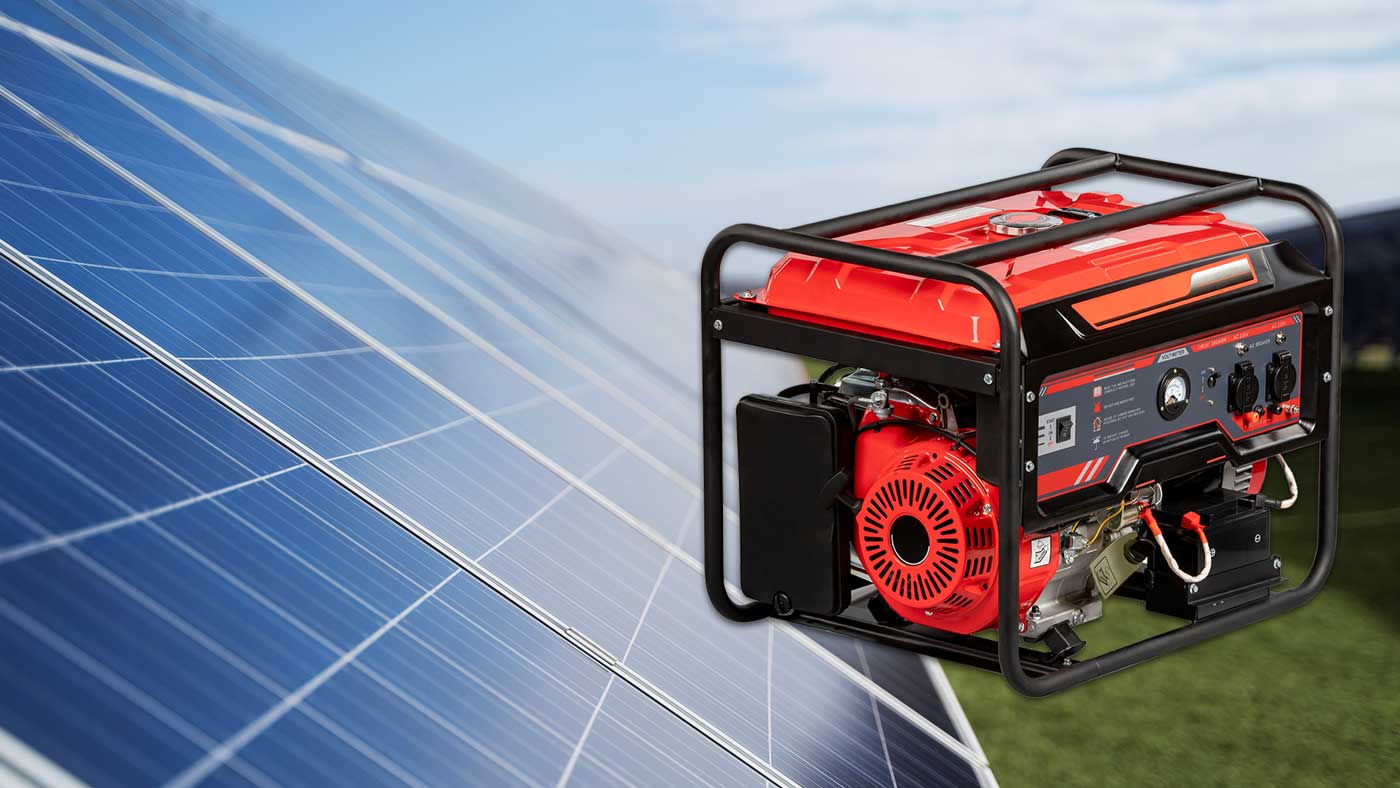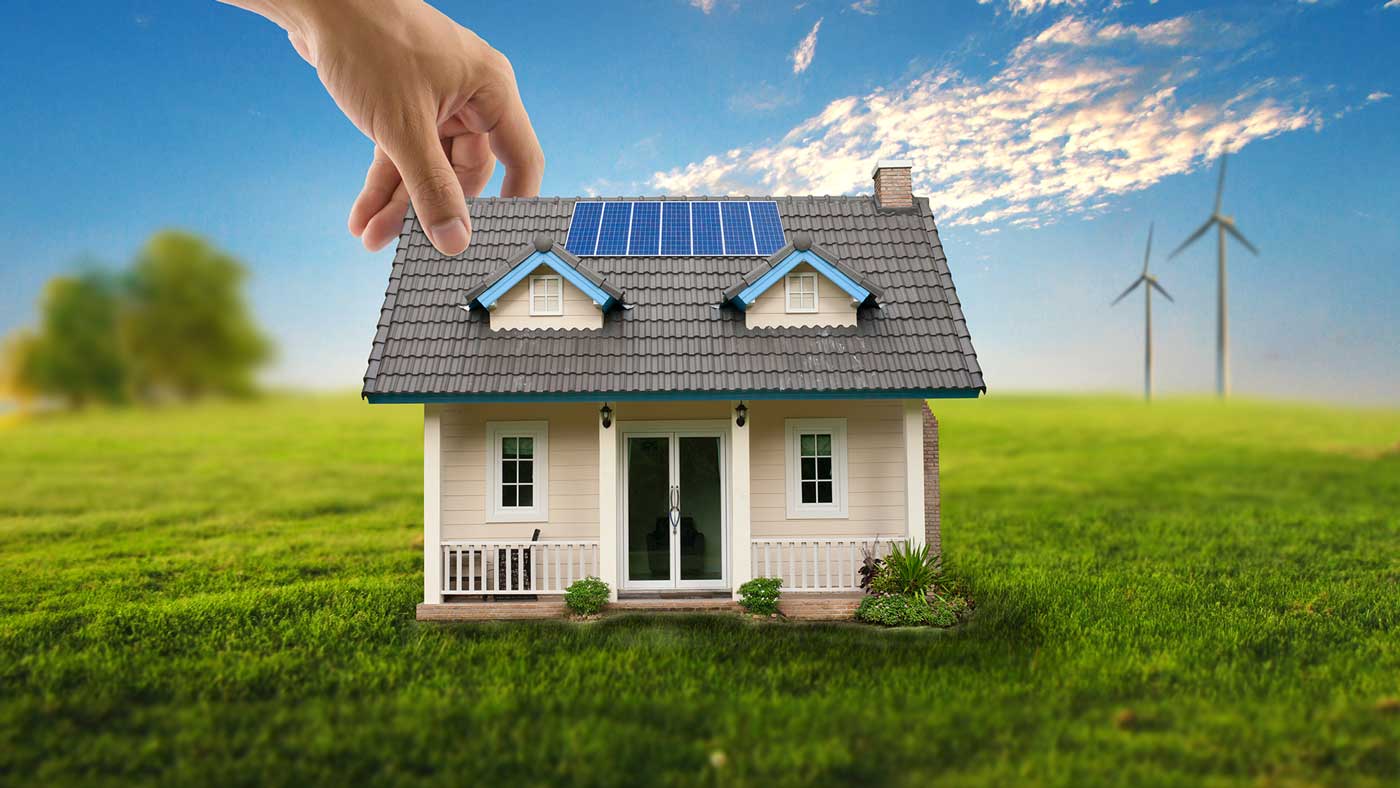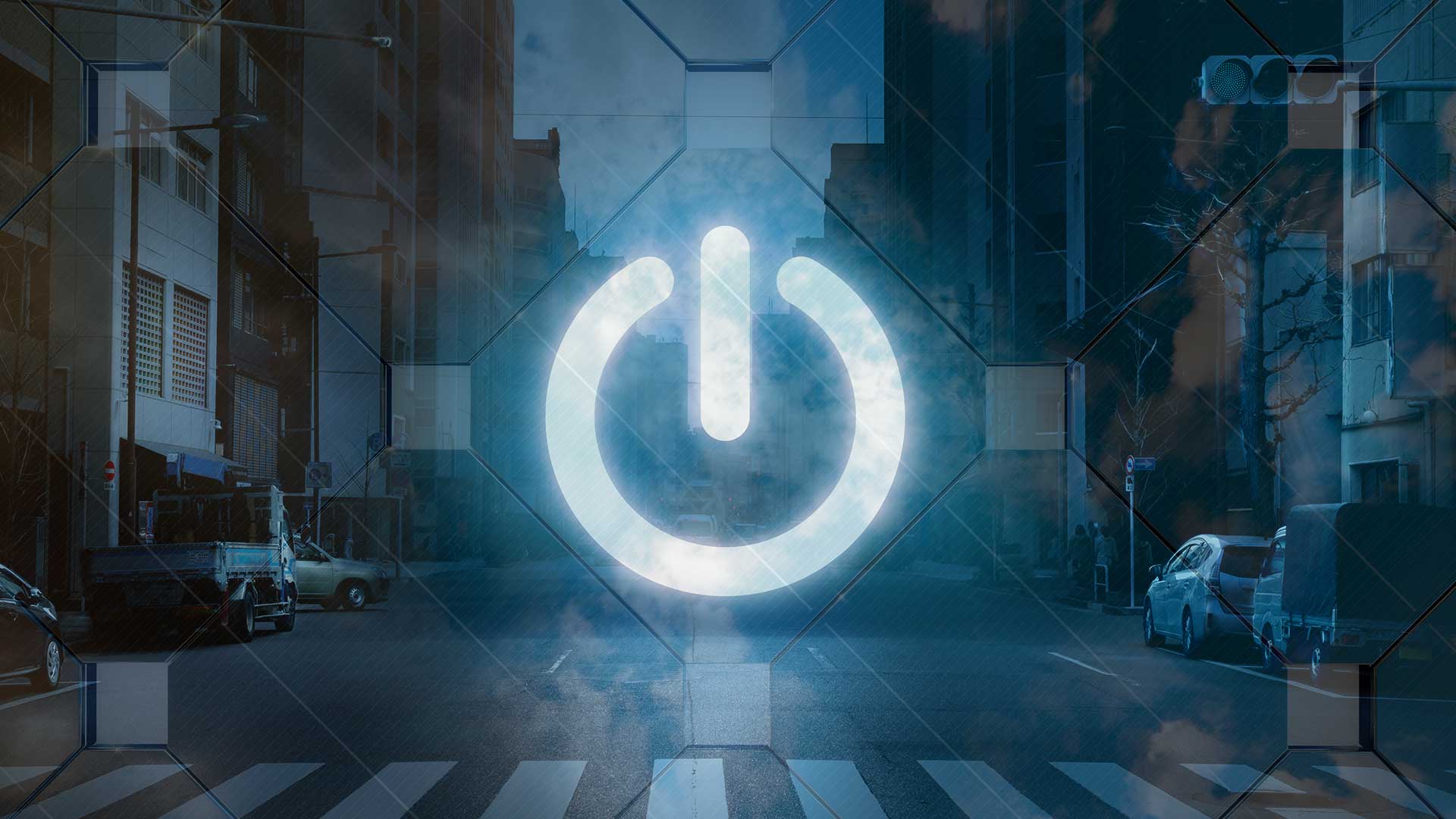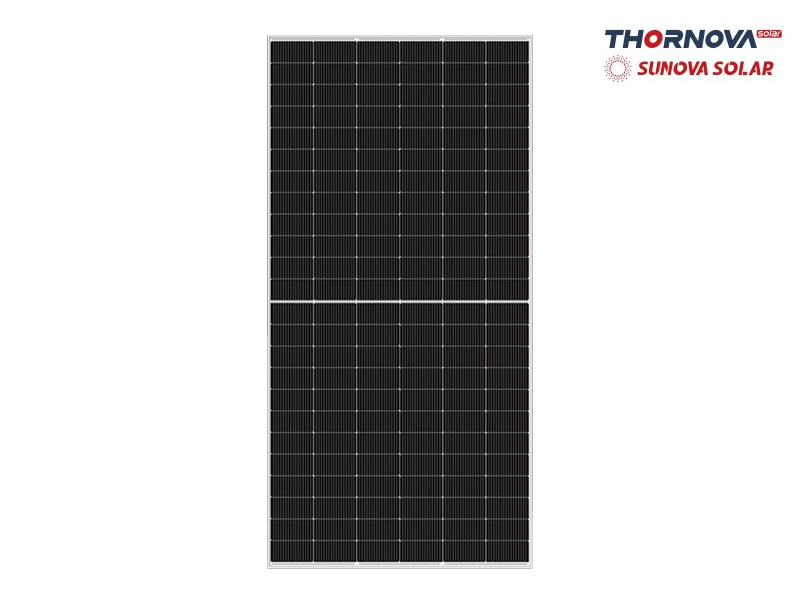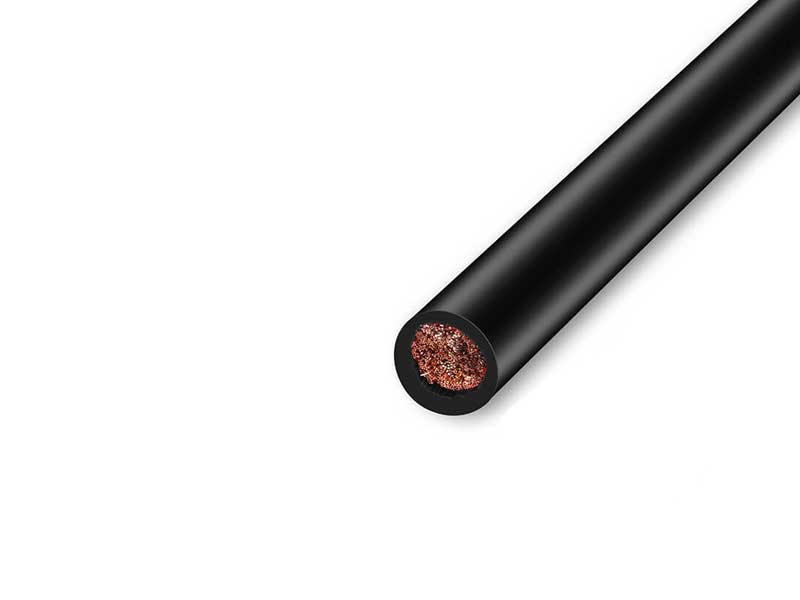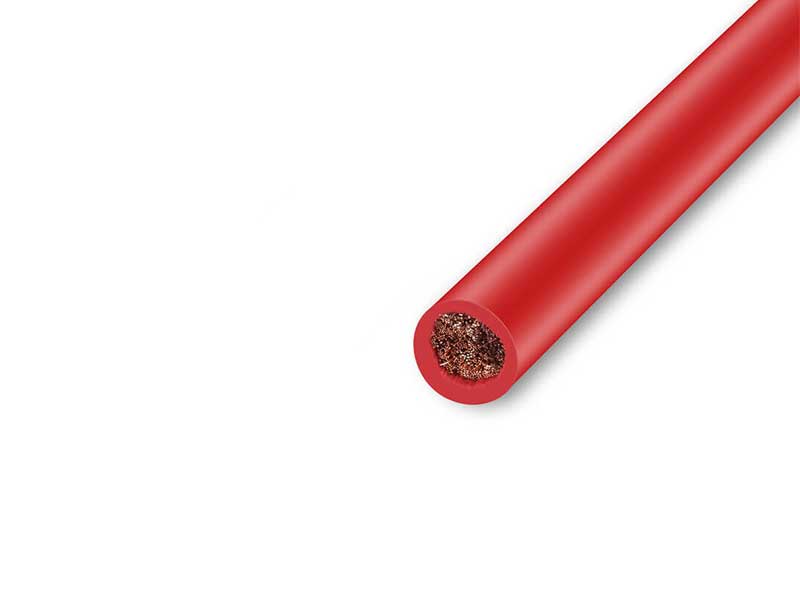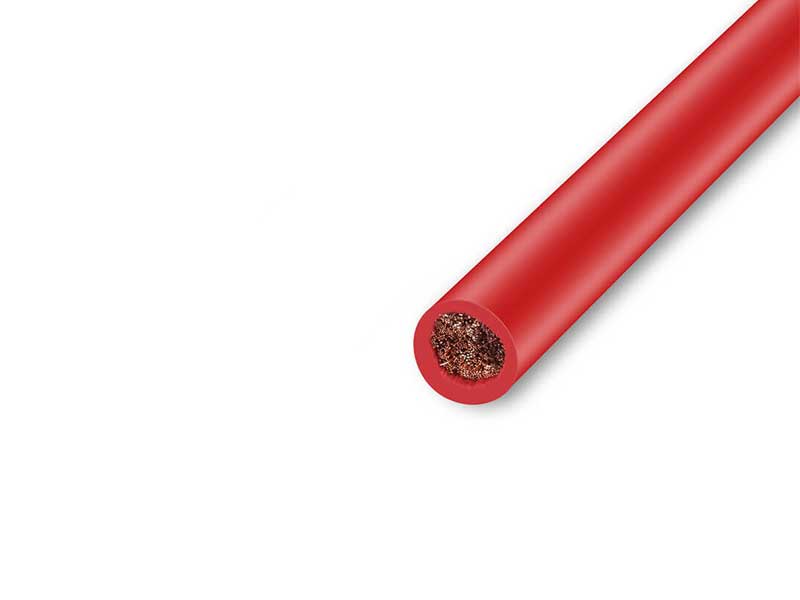Embracing Solar Systems for Homes in South Africa: A Sustainable Solution to Power Challenges
In recent years, South Africa has faced significant challenges with power supply, including frequent load-shedding and unreliable grid electricity. This has spurred homeowners across the nation to seek alternative energy solutions to ensure uninterrupted power. Solar systems for homes have emerged as a leading solution, providing not only energy independence but also a reduction in electricity costs and a positive environmental impact. At JC Solar Panels, we offer comprehensive solar solutions that cater to the specific needs of South African homes.
Benefits of Solar Systems for Homes
1. Energy Independence: Solar power systems allow homeowners to generate their own electricity. This means less reliance on the national grid and freedom from the unpredictability of blackouts and load-shedding. With a well-designed solar system, your home can remain powered during outages, maintaining critical appliances such as refrigerators, security systems, and lights.
2. Cost Savings: While the initial setup cost for a solar system can be significant, the long-term savings are considerable. Solar panels significantly reduce monthly electricity bills since sunlight is free. Over time, the system pays for itself and continues to save money on energy expenditures.
3. Increased Property Value: Homes equipped with solar power systems often see an increase in property value. Prospective homebuyers value the addition of sustainable technology that provides ongoing energy savings.
4. Reduced Carbon Footprint: Solar energy is clean and renewable, which means that adopting solar technology significantly reduces your household’s carbon footprint. By using solar power, homeowners contribute to a reduction in greenhouse gas emissions, aiding in the fight against climate change.
5. Low Maintenance: Once installed, solar systems require minimal maintenance. At JC Solar Panels, we provide high-quality installations that are designed to withstand the elements, requiring only periodic cleaning and occasional checks to ensure optimal performance.

Navigating Loadshedding with Solar Power
Loadshedding has become a regular part of life in South Africa, often disrupting daily activities and business operations. A home solar system provides a reliable power supply during these interruptions. By storing excess solar energy in batteries, homeowners can use this reserve power during load-shedding periods, ensuring that essential functions continue without disruption.
Why Choose JC Solar Panels?
At JC Solar Panels, we understand the unique energy needs of South African homes. We offer full solar solutions, which include:
- High-quality solar panels and components.
- Hybrid inverters that integrate seamlessly with the grid and your solar setup.
- Professional installation by certified technicians.
- Full service and maintenance packages.
- Customizable solutions are designed to meet the specific needs and budget of each homeowner.
Our systems are designed to maximize efficiency and sustainability, ensuring that you get the most out of your investment. We take care of the entire process, from system design to installation and ongoing maintenance, allowing you to enjoy the benefits of solar power with minimal hassle.
Conclusion
Investing in a solar system for your home is a wise decision for energy independence, financial savings, and environmental sustainability. With JC Solar Panels, you gain a partner who is committed to providing you with a solar system that not only meets your energy needs but also supports the well-being of the planet. Embrace the power of the sun and transform how your home receives and uses energy.
For more information on how you can benefit from our solar systems, visit our website or contact us directly. Make the switch to solar today and join countless South Africans who are already enjoying the myriad benefits of solar energy.


